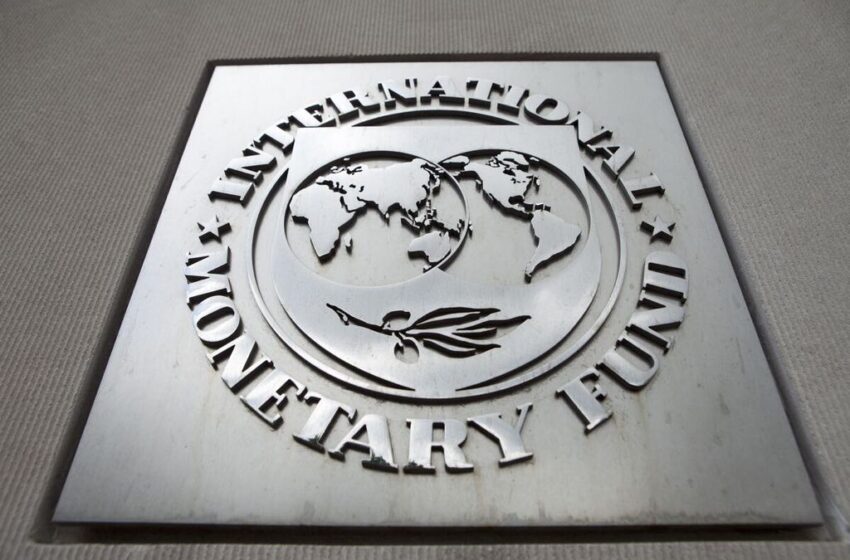Pakistan Bond Divergence Shows Investor Unease Over IMF Program

Bloomberg (July 17) – The divergence between different Pakistan bond maturities has been widening since news emerged last month of an International Monetary Fund cash injection, showing investors remain unconvinced about the nation’s ability to pay long-term.
Prices of the nation’s $1 billion debt due April 2024 have jumped to about 80 cents on the dollar from about 50 cents in late June, about twice the gains seen in bonds due 2031. News was finally confirmed last week that Pakistan had won approval to borrow $3 billion from the IMF, releasing funds to help ease its immediate cash needs.
“The country’s ability to muddle through has definitely improved in the short term,” said Carlos de Sousa, an emerging-markets debt portfolio manager at Vontobel Asset Management AG in Zurich. Still, the current IMF loan “will not resolve Pakistan’s structural issues, so another program will be needed in 2024,” he said.
Bond investors are wary of political uncertainty even as they rely on Pakistan to stick to policies agreed with the IMF by allowing its currency to float more freely and raise taxes. The Washington-based fund recently met representatives of major political parties to ensure they are on board ahead of elections this year.
“Investors will watch the outcome of elections and possibly, a new IMF program for any further re-rating” in Pakistan’s stocks, said Ruchir Desai, a fund manager at Asia Frontier Capital in Hong Kong.
The nation’s benchmark stock index has gained nearly 10% this month, halting two months of losses.
Pakistan “has an extensive record of going off-track on its commitments to the IMF,” Fitch Ratings said last week, even as it upgraded its score for the country.
Still, the IMF lending agreement that saw an immediate disbursement of about $1.2 billion is unequivocally good news for the cash-strapped nation. The deal also paved the way for financing from creditor nations, with Pakistan receiving $3 billion from Saudi Arabia and the United Arab Emirates last week.
“For further performance to be generated in Pakistani bonds you need the commitment to the IMF program to stay,” said Shamaila Khan, head of fixed income for emerging markets and Asia Pacific at UBS Asset Management in New York.
The front-end of Pakistan’s dollar-bond curve will be most responsive to “what kind of policy mix is being followed and if the IMF program is being followed,” she said.


